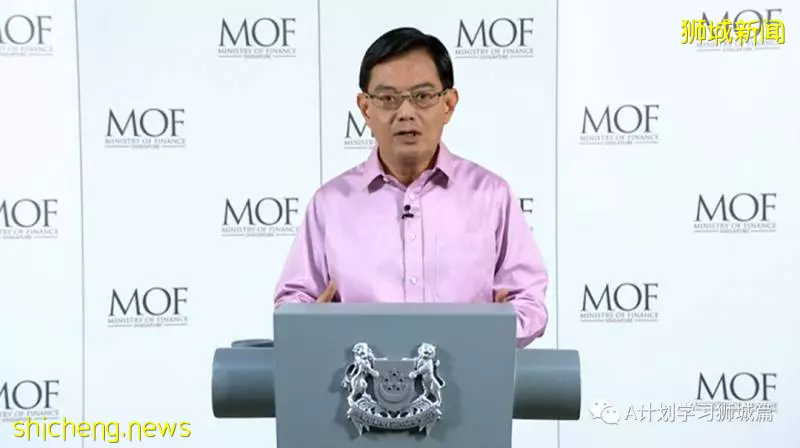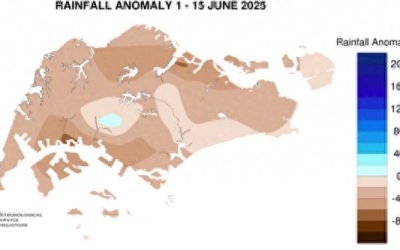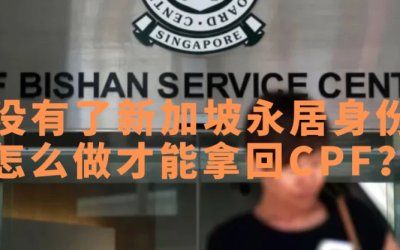
新加坡副总理兼经济政策统筹部长及财政部长王瑞杰,8月17日下午发表部长声明,公布为支持企业和员工应对2019冠状病毒疫情而制定的计划,包括再推出总值80亿元的援助措施。
王瑞杰在声明中提出三大策略:
第一、继续支持员工就业,创造新工作;
第二、为受创最严重的行业提供较多支持;
第三、在新常态中进军新兴领域,抓住新机遇。

王瑞杰部长声明全文
新加坡副总理:王瑞杰
各位同胞:
自 5 月底推出坚毅向前预算案以来,全球的冠病病例和死亡人数不断上升。疫情如 何演变,还有巨大的不确定性。全球经济遭受重创,情况可能会恶化。
我国和其他国家一样,经济复苏还需要一段时间,各领域恢复的速度不一样。之前, 我在四个月内制定了四份总值大约 1 千亿元的预算案,推出了多项援助措施。一些 措施即将到期。有些企业和国人的处境依旧艰难。我能体会大家的心情。
因此,我会再推出总值 80 亿元的援助措施,通过三大策略,全力保工作、保生计、 保企业:
第一,我们要继续支持员工就业,创造新的工作。
第二,我们要为受最重创的行业提供较多的支持。
第三,我们要在新常态中进军新兴领域,抓住新的机遇。
接下来,政府为了继续支持我们的员工,将延长雇佣补贴计划四到七个月。但是, 我们不能无止尽的给予同样水平的援助。我们会根据各行业的预期复苏情况,提供 不同程度的援助。受重创的航空、航天及旅游业,会获得较高的雇佣补贴比例。
虽然眼前的形势严峻,但有些领域还是有发展和增长空间。我将推出总值 10 亿元 的招聘奖励计划,鼓励有发展潜能的企业提前推行招聘计划。这将为求职者创造更 多的就业机会。四十岁及以上的求职者也会获得更大的援助。
疫情当前,我们也会尽全力帮助被裁退的国人和低薪工友,维护他们的利益。
我将延长冠病疫情薪金补贴到今年 12 月。
我鼓励国人保持开放和进取的心态,借着这个时机自我提升,以适应新的工作要求。
我们也特别关注低薪工友的情况。有些工友在必要领域工作,并在疫情期间做出不少贡献。较早前,我宣布了政府会发放 3000元的就业入息特别补助,帮助符合条件的低薪工友。现在,我将放宽条件让更多工友受惠,来包括那 些今年领取就业补助金的国人。
政府提供了广泛层面的援助。但是,一些行业不可能在短时间内恢复到疫情前的情 况,尤其是那些依靠国际旅游生存的行业。我们必须巩固它们的核心能力,并给予 针对性的援助。
因此,我将延长加强版航空援助配套措施到明年 3 月,帮助航空业者抵消营 运成本。
我也会扩大暂时调派航空业员工到其他工作岗位的计划,让他们能继续工作。
我也会派发重新探索新加坡消费券,鼓励国人在境内游玩,以行动支持本地 旅游业者。
后冠病时代的世界将截然不同。疫情加速了结构性转变的进程。我们要继续努力, 在经济转型上取得成功。所幸的是,政府五年前已经开启了企业转型的工作。我们 也推出了转型及发展策略,深化企业能力,培养国人的技能。劳、资、政三方正在 继续紧密合作。越战越勇工作小组与新加坡群策群力行动联盟已在试行创新点子, 帮助企业把握新机遇。政府也在探讨如何让受影响的国人继续得到扶持。
如今,疫情改变了世界格局。我们必须求新求变,适应新常态。未来,我们更是要 大胆地寻找新突破,一起前进。虽然接下来的道路充满未知,但只要我们奋斗到底, 必能守得云开见月明,变得更加坚韧团结。

英文声明全文:
My fellow Singaporeans.
Since I delivered the Fortitude Budget in May, the pandemic has continued to rage on in many parts of the world. The number of COVID-19 infections around the world has more than tripled to over 21 million.1 More than 750,000 lives have been lost. The resulting economic impact has been severe. The global economy is projected to contract by 5% this year2. In Singapore, we experienced our worst quarterly performance on record – a 13.2% contraction year-on-year in the second quarter of 2020.
The Government has dedicated close to $100 billion over four Budgets to support our people and businesses in this crisis. We mounted a robust and swift response. We implemented measures to save lives, and to support workers and households. We also introduced measures to help tide businesses over this difficult period, retain their employees, and preserve core capabilities.
Our COVID-19 situation is now under control. The Multi-Ministry Taskforce is working towards resuming more activities in a safe and sustainable manner.
However, the global economy remains very weak. Much will depend on how well countries contain the spread of the virus. An effective vaccine, even if found, will take time to be produced and distributed. Some countries have re-opened only to experience new waves of infection. These have further set back their economic recovery. We must continue to be vigilant. Safe management measures and restrictions on international travel will be with us for some time.
I have been listening to residents and workers share their anxieties on job security and loss of income. Business and union leaders have also spoken about their efforts to retain workers and help them upskill or retrain. Regardless of your circumstances, the Government will help you to rebuild from this crisis, working in close tripartite partnership.
Together, we must continue to adapt to the rapidly changing situation. We designed our measures to give us flexibility for adjustments as the crisis progresses. Some of these measures are ending soon. It is therefore timely for us to advance our strategies in three areas. First, we will continue to support jobs and create new ones. Second, we will provide further support for sectors which are hit the hardest. Third, we must position ourselves to seize growth opportunities in a post-COVID-19 world. Let me elaborate on each of these.
Continued Support For Workers and Jobs
Protecting Jobs
First, we will continue to protect jobs and create new opportunities for our workers.
We launched the Jobs Support Scheme, or JSS, at the start of the pandemic with one clear goal – to protect jobs. Since then, over $16 billion of JSS payouts have been disbursed, benefitting
over two million local workers in more than 150,000 firms. While the unemployment rate has gone up, we have so far managed to keep it below the peak levels seen during SARS and the Global Financial Crisis3.
The JSS currently covers the wages of employed workers up to August 2020. I will extend the JSS by up to seven months, covering wages paid up to March 2021.
However, we cannot sustain the JSS at current levels. It draws heavily on our reserves and risks trapping our workers in unviable businesses. Some sectors are also recovering faster than others. I will therefore adjust support based on the projected recovery of the different sectors.
Firms in the aerospace, aviation, and tourism sectors have been hardest hit. I will provide support at 50% wage levels for seven more months. For the built environment sector, I will provide 50% wage support for two more months, before lowering to 30% for wages paid up to March 2021. This is in line with the phased resumption of construction activities. The arts and entertainment, food services, land transport, marine and offshore, and retail sectors will receive 30% wage support, also for seven more months. For the large majority of the remaining sectors, I will provide 10% support for seven more months. For the few sectors that are managing well, such as biomedical sciences, financial services, and ICT, I will provide 10% support for four more months, for wages paid up to December 2020. The full details will be on the Singapore Budget website.























